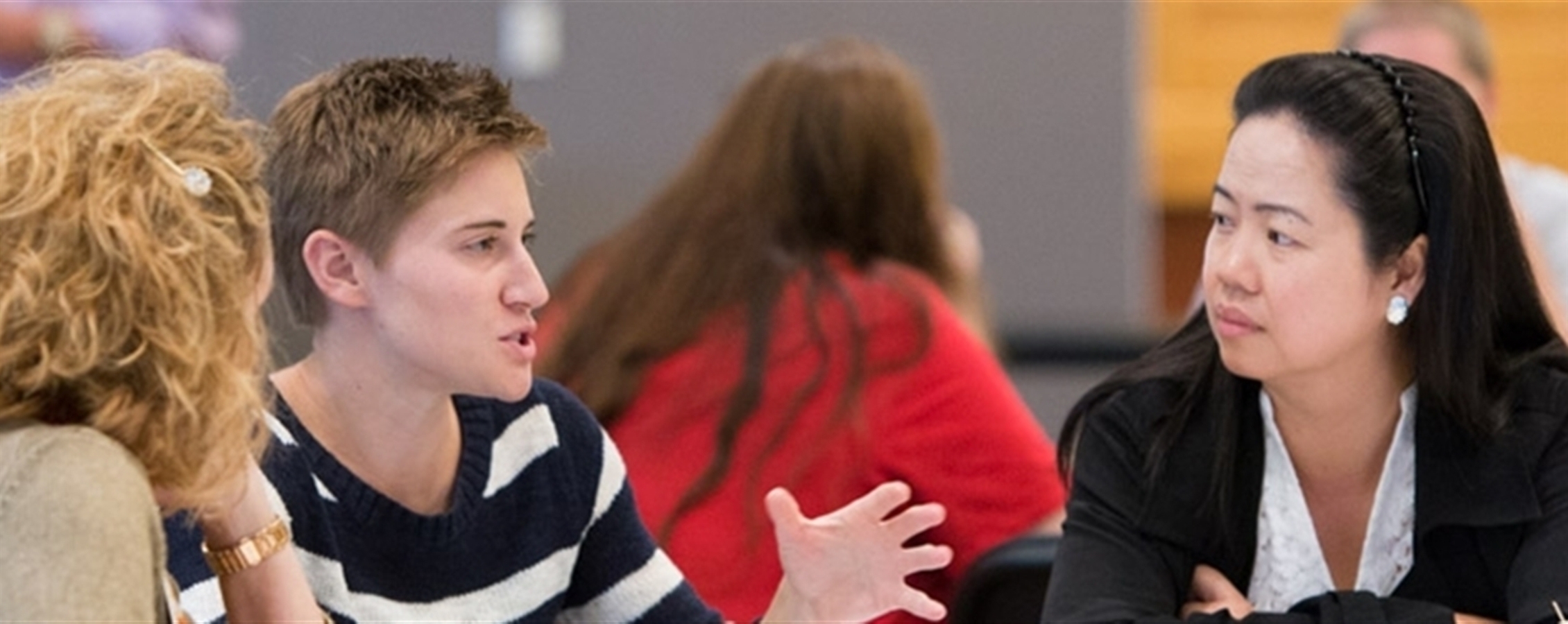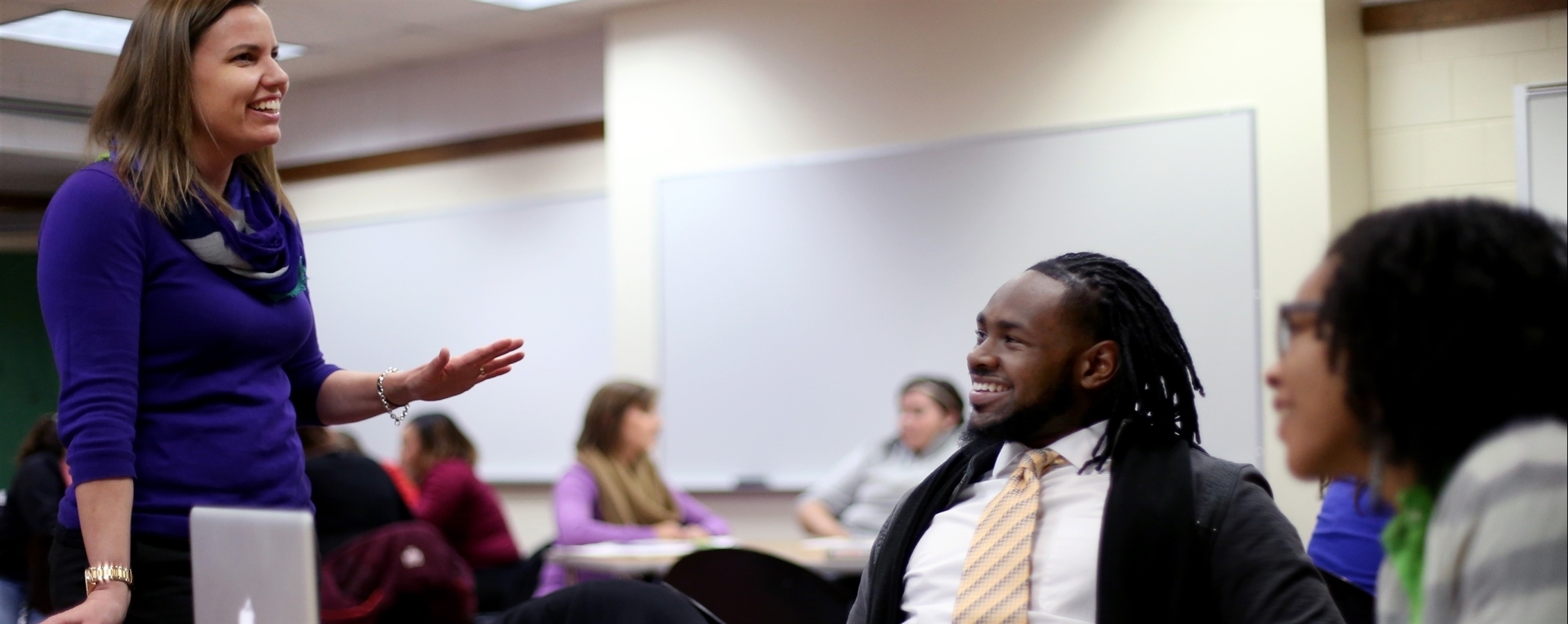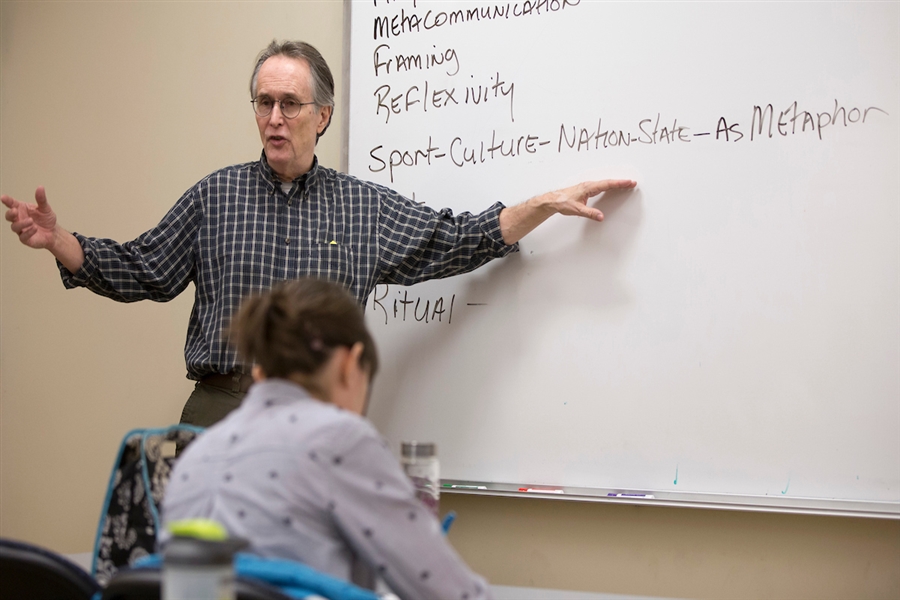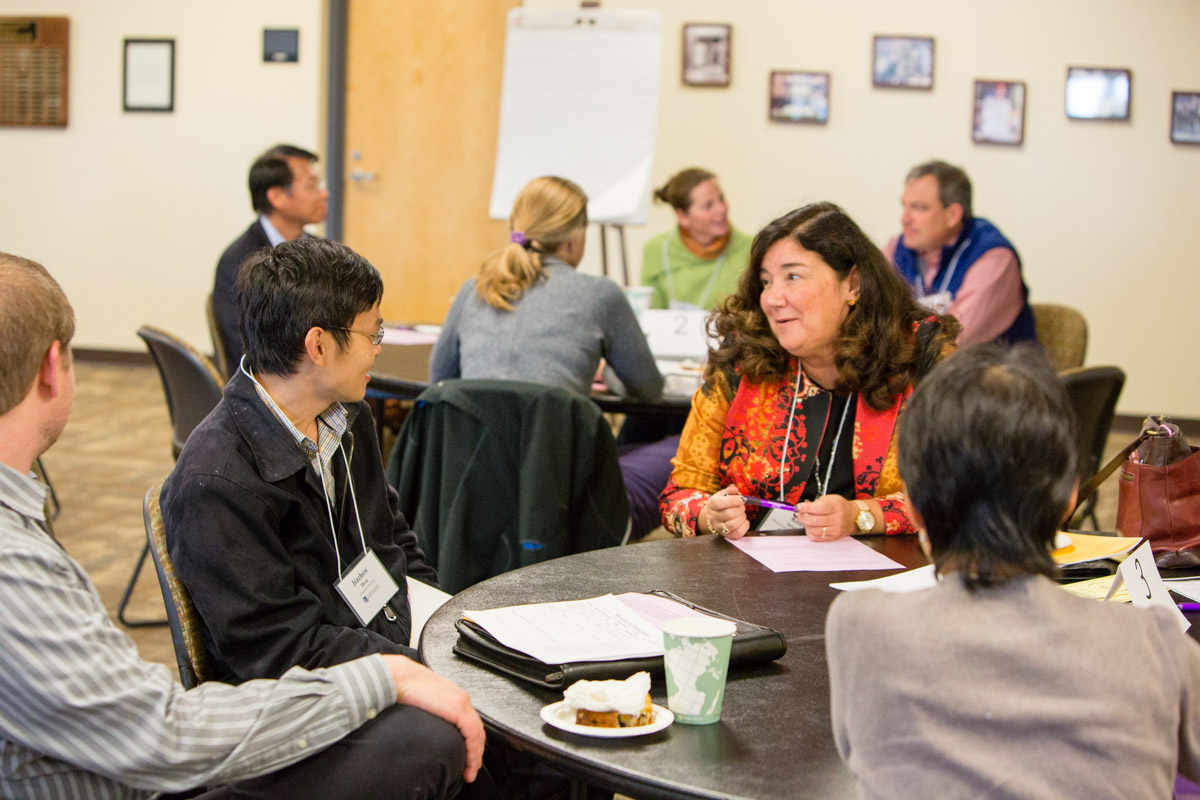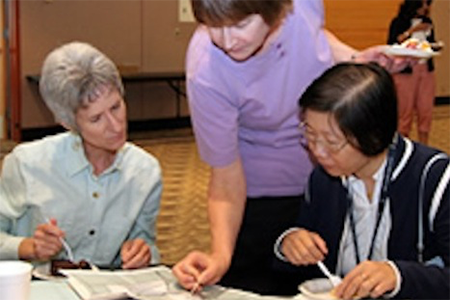LEARN Center
"Enhancing student learning through the ongoing development of faculty and staff"
The Learning Enhancement, Assessment and Research Network (LEARN) Center was established in 1998 to assist faculty and academic teaching staff in their ongoing work to better serve our students. Designed and directed by faculty and academic teaching staff, the LEARN Center provides a variety of programs, services, and resources that invite colleagues to learn from experts, explore important issues, share instructional ideas, examine research relevant to teaching and student learning, and develop relationships with colleagues from across campus. While the emphasis of the LEARN Center is on teaching and learning, we also seek to provide services relevant to enhancing research and service activities.
Since its inception, LEARN Center programming has resulted in more than 5,000 contacts with the university's approximately 400 faculty and full-time instructional staff, engaging them in more than 13,700 hours of instructional/professional development.
Event Schedule
Click on the title of an event to explore more details.
| Start Date | End Date | Events |
|---|---|---|
| 12-Feb | 12-Mar | Connections Are Everything: A College Student's Guide to Relationship Rich Education |
| 13-Feb | 8-May | Subtract Book Club |
| 18-Feb | 29-Apr | Men and Masculinities Book Club |
| 24-Feb | Learning with AI: Dispatches from a Semester of Experimentation | |
| 28-Feb | Understanding the U.S. K-12 Education System: A Guide for International Faculty | |
| 13-March | Welcoming the World to UW - Whitewater: Path to Hired Before Graduation (Training Opportunities) (online meeting) | |
| 14-March | Online Classrooms and Civil Dialogues |
Click on the title of an event to explore more details.
| Start Date | End Date | Events |
|---|---|---|
| 16-Sep | 04-Nov | Teaching with AI | Book Club |
| 17-Sep | 22-Oct | Burnout: The Secret to Unlocking the Stress Cycle | Book Club |
| 25-Sep | 30-Oct | Disability Visibility | Book Club |
| 25-Sep | 13-Nov | Belonging | Book Club |
| 18-Oct | 18-Oct | A Primer on The Discussion Project: Learn to Discuss, Discuss to Learn |
| 08-Nov | 08-Nov | 2024 Curricular Innovation Conference |
| 20-Nov | 20-Nov | Assessment, Feedback, and Reflection: Lessons from Faculty College |
Do you have ideas for books, workshops, or other types of programs? Are you interested in participating in panels or facilitating sessions? We'd love to hear your suggestions! Please follow this link to a short form to enter your ideas. The LEARN Center director or staff will follow-up on all suggestions via email.
Email the LEARN Center to Leave a Suggestion!
LEARN Center Staff
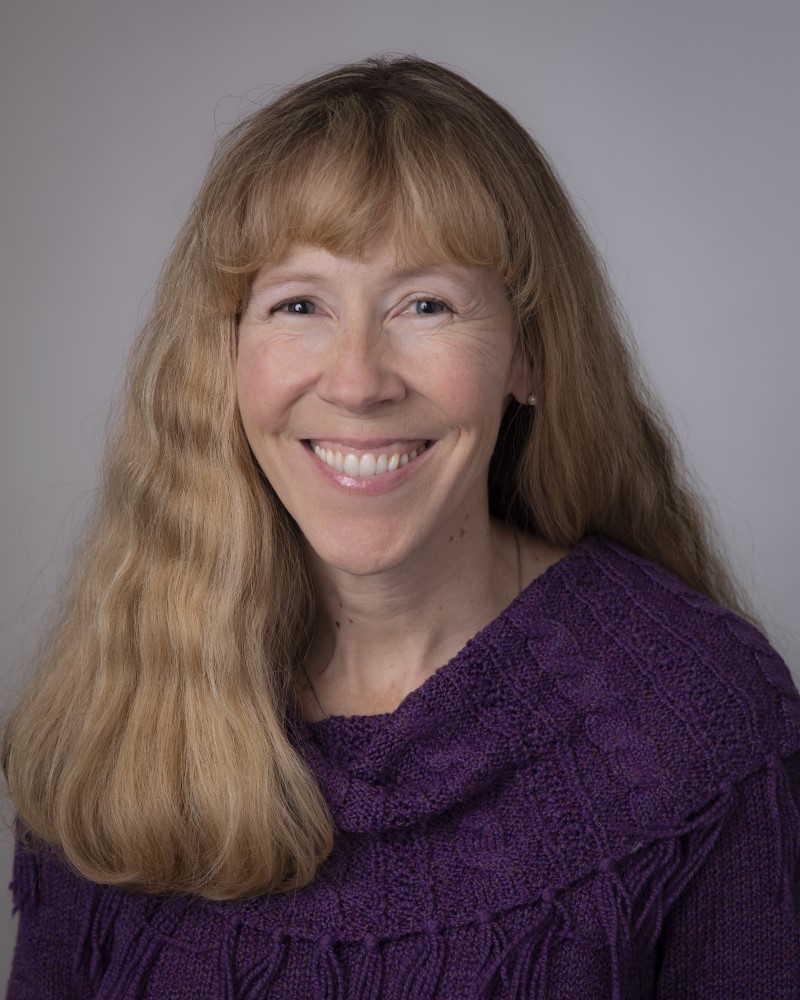
Susan Wildermuth
Director, LEARN Center
wilderms@uww.edu
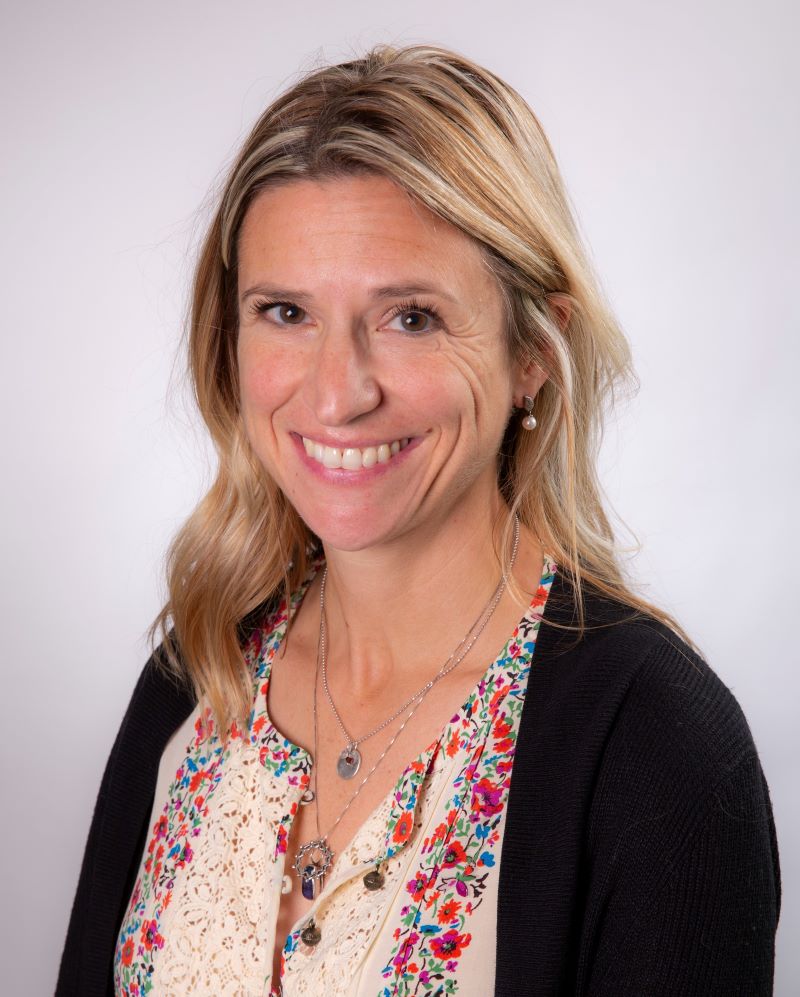
Heather Neimeier
LEARN Center Fellow
College of Letters and Sciences
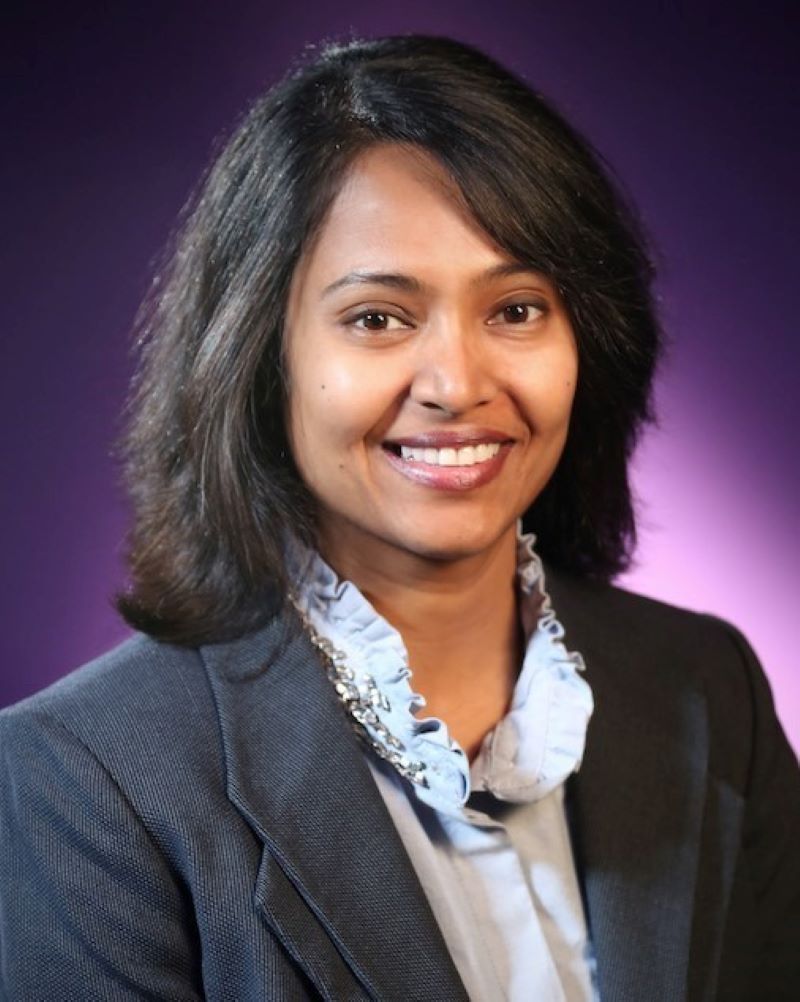
Rimi Zakaria
LEARN Center Fellow
College of Business and Economics
Let us know how we can help! Contact us any time via learn@uww.edu.

